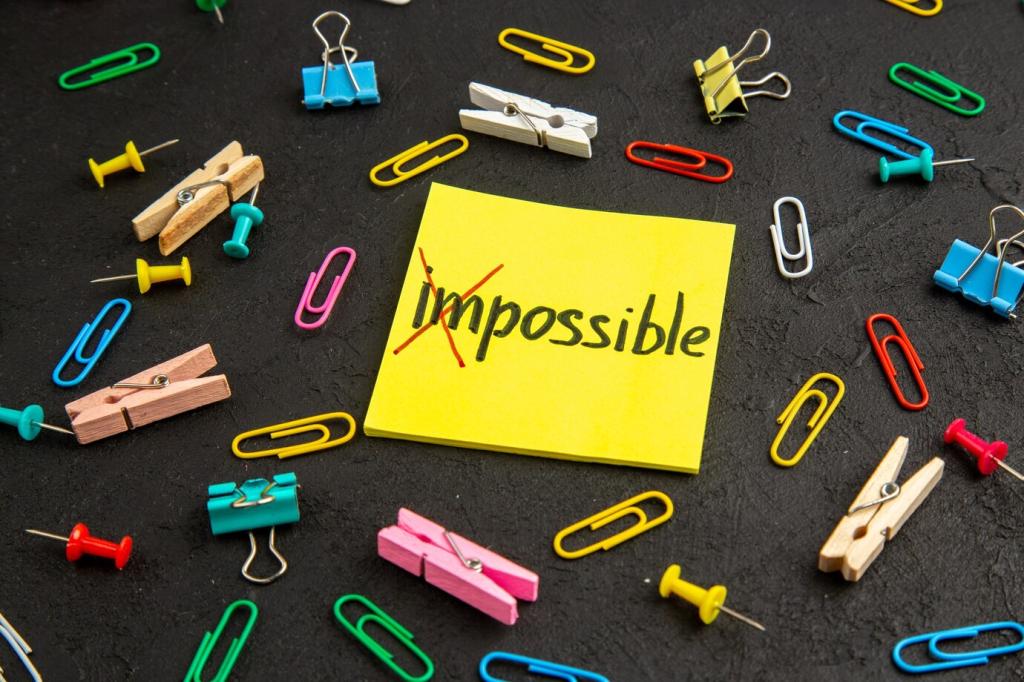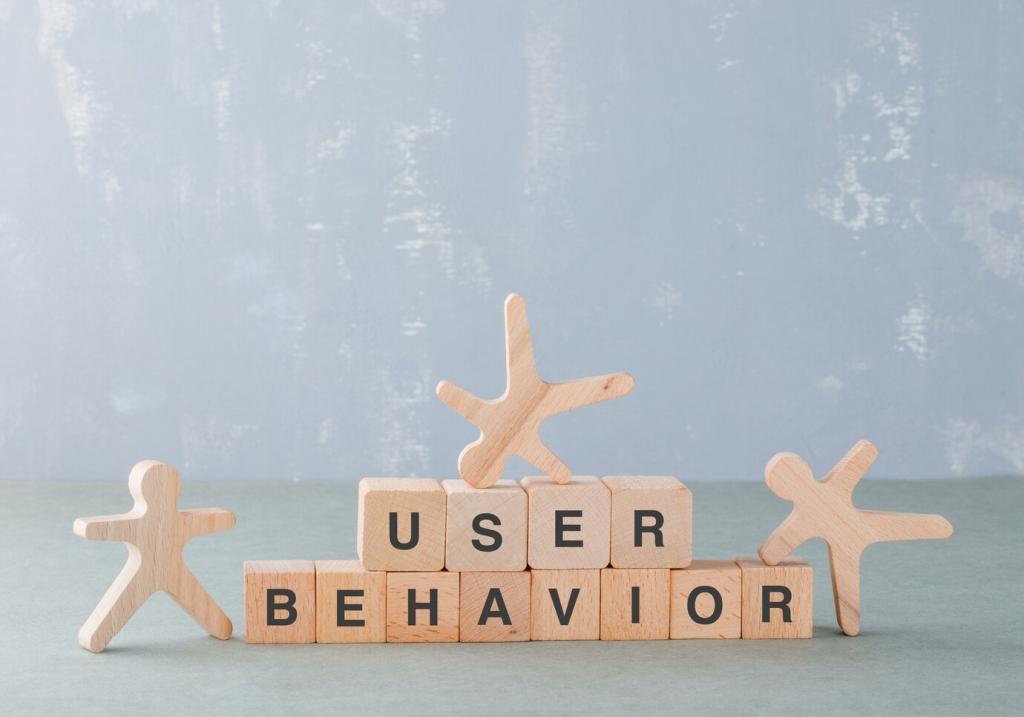
Stronger Every Day: Building Resilience in Everyday Life
Chosen theme: Building Resilience in Everyday Life. Step into practical strategies, warm stories, and science-backed habits that help you bend without breaking, recover faster from setbacks, and grow a steadier sense of self—right in the middle of your ordinary days.
What Resilience Looks Like in Real Life
When Maya missed her train, she almost spiraled. Instead, she texted her manager, took three steady breaths, and mapped a new route. That tiny pivot turned panic into plan. Share your own small win below—your story might be the spark someone else needs today.


What Resilience Looks Like in Real Life
Research from psychology highlights cognitive reappraisal, social support, and routine as reliable resilience builders. The brain’s plasticity means skills strengthen with practice. Think of resilience like a muscle: train it through small, repeatable reps, and celebrate each rep you complete this week.
Mindset Shifts That Anchor You
Reframe the obstacle
Try this script: “This is difficult, and I can do difficult things in small steps.” Pair the line with a concrete micro-action—one email, one paragraph, one dish. Notice how naming both truth and capability steadies your body and unclenches your next decision.
Growth mindset in motion
Instead of asking, “Why am I bad at this?” ask, “What skill is developing here?” That tiny rewording moves the brain from threat to curiosity. Track one challenge this week and note each skill you are training. Share your list to inspire fellow readers.
Audit your self-talk
For one day, jot down unhelpful phrases you catch—then rewrite each as a supportive coach would. Replace “I blew it” with “I learned what to try differently next time.” Post your favorite reframe in the comments, and follow for a printable self-talk guide.

Breath that steadies the day
Use 4-6 breathing: inhale for four, exhale for six, six rounds. Longer exhales nudge your nervous system toward calm. Try it before tough conversations or after notifications spike your pulse, then tell us where it helped most in your day.
Sleep as emotional armor
Aim for consistent bed and wake times, even on weekends. If perfection fails, protect a wind-down ritual: dim lights, one page of reading, phone out of reach. Quality sleep transforms reactivity into resilience. Comment with your favorite wind-down cue to inspire others.
Move to regulate, not to perform
Twenty brisk minutes can lower stress hormones and lift mood. Walk after lunch, stretch between meetings, or dance to one song while coffee brews. Movement is a dial, not a switch—turn it up gently and share your go-to micro-move with our community.
Micro-Habits That Multiply Strength
Shrink the start. If a task feels heavy, do a two-minute version: open the document, lace your shoes, rinse the dish. Completing tiny starts reduces resistance and builds momentum. What two-minute habit will you try today? Tell us and recruit an accountability buddy.
Micro-Habits That Multiply Strength
Attach a new habit to something you already do: after brushing teeth, write one grateful line; after your first coffee, plan the top task. Stacks make resilience automatic. Share your favorite stack and subscribe for a weekly stack prompt to keep it fresh.




Relationships, Boundaries, and Belonging
Send a thirty-second check-in voice note. Share one honest sentence: “Thinking of you—here’s one bright spot from today.” Small touches weave sturdy nets. Who will you reach out to tonight? Post your plan to encourage someone else to do the same.
Relationships, Boundaries, and Belonging
Try a gentle script: “I’m at capacity this week; I can help next Tuesday.” Boundaries protect your future yes. Practice out loud and notice your body relax as clarity replaces guilt. Share a boundary script you’d like to refine; we’ll workshop them together.
Resilience at Work and Study
Try ninety minutes of focused work followed by a five-minute recovery: stretch, breathe, water, quick daylight. Micro-recoveries reset attention and mood. Experiment for one week and report your favorite recovery ritual to help others build theirs.
Resilience at Work and Study
List what’s within your influence—clarifying goals, preparing questions, blocking distractions—and act there first. Let go of the rest. This focus converts anxiety into action. Share one controllable you’ll tackle today, and subscribe for a printable checklist.
Resilience at Work and Study
A botched presentation or a low grade is data, not a verdict. Debrief: what worked, what didn’t, one change for next time. Iteration builds confidence you can trust. Tell us one adjustment you’ll make this week to invite healthy accountability.
Reflect, Reset, and Keep Going
Recognize one win, Reframe one challenge, Renew one intention for tomorrow. Five minutes, three lines, steady progress. Try it tonight and share your favorite reframe to nudge a reader who needs it.
Reflect, Reset, and Keep Going
Keep a simple note of moments you coped well—emails sent, walks taken, boundaries kept. On rough days, reread to remember who you are becoming. What story will you add tonight? Post a line to encourage someone starting their own bank.


